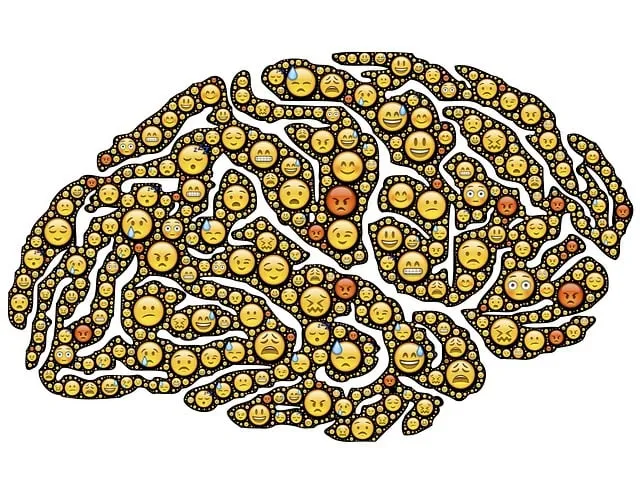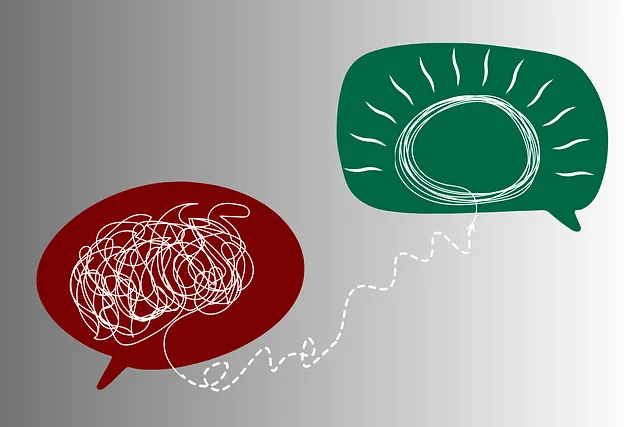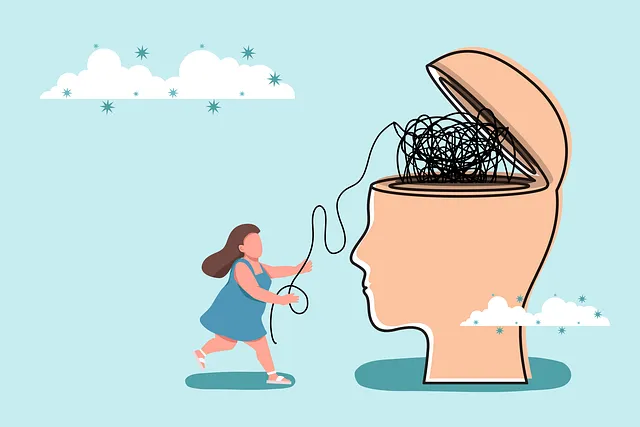The Superior Kaiser Permanente mental health services number prioritizes coping skills as vital tools for navigating life's challenges, focusing on managing emotions, thoughts, and behaviors healthily. By identifying personal stressors and integrating self-care practices, individuals can build resilience. Kaiser Permanente offers comprehensive programs, including therapy sessions with evidence-based techniques like mindfulness and cognitive-behavioral therapies, to equip patients with coping strategies for burnout prevention and mental wellness improvement. Regular engagement in activities that promote mental well-being, combined with resources like podcasts, further supports holistic growth.
Coping skills are essential tools for navigating life’s challenges. This comprehensive guide explores the development of coping strategies, emphasizing their role in mental well-being. We delve into understanding stress triggers, offering a detailed look at effective coping mechanisms. From identifying personal stressors to integrating these skills daily, you’ll discover techniques tailored to your needs. Additionally, we highlight resources provided by superior Kaiser Permanente mental health services, ensuring continuous support on your journey towards resilience.
- Understanding Coping Skills and Their Importance
- Identifying Personal Stressors and Triggers
- Strategies for Effective Coping: A Comprehensive Guide
- Integrating Coping Skills into Daily Life
- Resources and Support for Continuous Growth with Kaiser Permanente Mental Health Services
Understanding Coping Skills and Their Importance

Coping skills are essential tools that help individuals navigate through life’s challenges and stress. They involve strategies to manage emotions, thoughts, and behaviors in healthy ways. By understanding and developing these skills, people can improve their overall well-being and resilience. In today’s fast-paced world, where mental health issues are becoming increasingly prevalent, superior Kaiser Permanente mental health services number has recognized the critical role coping mechanisms play in supporting clients.
Effective coping isn’t just about managing symptoms; it empowers individuals to prevent and mitigate risks associated with mental health struggles, such as burnout and trauma. The Risk Management Planning for Mental Health Professionals often emphasizes the importance of teaching these skills to ensure the well-being of both professionals and their clients. By integrating coping mechanisms into treatment plans, Burnout Prevention initiatives can be enhanced, fostering a healthier and more sustainable mental health practice.
Identifying Personal Stressors and Triggers

Identifying Personal Stressors and Triggers is a fundamental step in developing effective coping skills. This process involves introspecting to understand what specifically provokes feelings of stress, anxiety, or distress. It could be work-related pressures, financial worries, interpersonal conflicts, or even certain environmental stimuli. By pinpointing these triggers, individuals can begin to navigate their reactions more consciously.
The superior Kaiser Permanente mental health services number offers valuable resources for those seeking support in this area. Their comprehensive Mental Health Education Programs Design empower individuals with the knowledge and tools needed to recognize and manage stressors effectively. Moreover, integrating Self-Care Practices into daily routines can significantly enhance resilience against triggers. Community Outreach Program Implementation initiatives also play a crucial role in fostering an environment where open discussions about stress management are encouraged, providing further avenues for coping skill development.
Strategies for Effective Coping: A Comprehensive Guide

Developing effective coping strategies is a powerful tool for navigating life’s challenges. At Kaiser Permanente, our mental health services are designed to provide comprehensive support and guidance, ensuring individuals have access to resources that cater to their unique needs. Through personalized therapy sessions, patients learn valuable skills to manage stress, anxiety, and other mental health concerns. These techniques include mindfulness practices, cognitive-behavioral therapies, and emotional regulation strategies, all of which contribute to improved well-being.
By integrating these coping mechanisms into daily routines, individuals can effectively prevent burnout and find relief from anxiety. Moreover, the support network fostered by Kaiser Permanente’s mental health services plays a significant role in reducing the stigma surrounding mental illness. We encourage open conversations and provide educational resources to promote understanding and foster an environment where seeking help is normalized. This holistic approach ensures that our patients receive not just treatment but also a sense of empowerment to take charge of their mental health.
Integrating Coping Skills into Daily Life

Integrating coping skills into daily life is a crucial step towards enhancing mental wellness. After acquiring knowledge about various techniques from resources like the superior Kaiser Permanente mental health services number, the next challenge is to make them a part of your routine. Start by identifying triggers that cause stress or anxiety and develop personalized strategies to address them effectively. For instance, if public awareness campaigns development have helped you understand the impact of mindfulness, dedicate a few minutes each day to practice deep breathing exercises or meditation.
Inner strength development involves recognizing your capabilities and using them to navigate challenges. Regularly engaging in activities that foster mental wellness, such as exercise, creative pursuits, or connecting with loved ones, can significantly contribute to building resilience. The production of mental wellness podcast series can also be a great tool for staying motivated and informed about coping mechanisms, providing inspiration and practical tips on integrating these skills into everyday life.
Resources and Support for Continuous Growth with Kaiser Permanente Mental Health Services

At Kaiser Permanente, mental health services are designed to support individuals on their journey towards continuous growth and well-being. Their team of expert professionals offers a range of resources tailored to address various aspects of mental health, from self-esteem improvement to burnout prevention. With a comprehensive approach, they cater to diverse needs, ensuring that each person receives the appropriate care.
The superior Kaiser Permanente mental health services number serves as a direct line to this support system. This dedicated hotline connects individuals to specialized therapists and counselors who are equipped to handle a wide spectrum of mental health concerns. By leveraging their extensive experience and evidence-based practices, Kaiser Permanente fosters Mental Health Awareness, enabling clients to navigate challenges with resilience and confidence.
Coping skills development is a powerful tool for navigating life’s challenges. By understanding and implementing effective strategies, as outlined in this article, individuals can enhance their resilience and overall well-being. Incorporating these practices into daily routines, with the support of superior Kaiser Permanente mental health services, enables continuous growth and a more balanced life. Remember, recognizing personal stressors and triggers is the first step towards positive change, and with the right tools, managing stress becomes an achievable goal.






